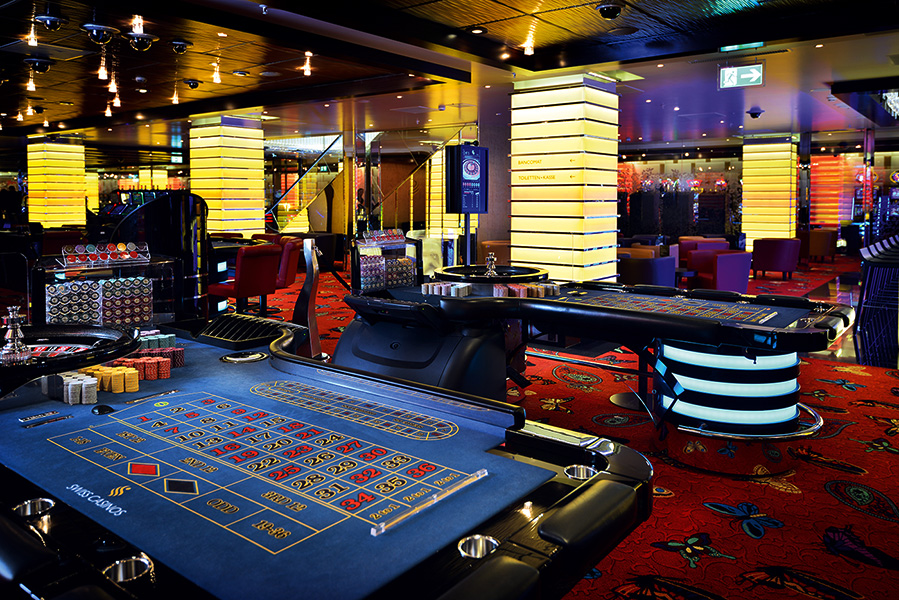
Gambling games have captivated players throughout history, evolving from simple pastimes to complex experiences that combine fortune, tactics, and fun. From the historical origins of gambling in cultures like Mesopotamia and Rome to the extravagant corridors of contemporary casinos, the evolution of these games reveals much about human nature and our relationship with luck. As cultures blended and innovation has progressed, casino games have transformed, mirroring shifts in society and innovations in gameplay.
The earliest forms of gambling likely featured basic games involving dice and placing bets on the outcomes of sports competitions. Through the years, these basic forms of gambling grew into more structured games like table games, roulette, and the multitude slot machines that populate the floors of casinos today. Each period brought its unique rules, aesthetics, and cultural importance. At present, casino games persist in evolving with the rise of digital gaming platforms, enabling players from all corners of the globe to participate in a common experience, further blending the traditional with the age of technology.
Initial Beginnings of Gaming Games
Gambling activities have roots that reach back to historical societies, where gambling was profoundly integrated in social traditions and cultural customs. The initial known instances of gambling appeared in Mesopotamia around three thousand BC, featuring primitive die activities made from bone material. These initial activities laid the groundwork for more complex betting games, demonstrating humans’ instinctive desire to find fortune and entertainment through chance.
As civilizations developed, so did their betting pursuits. In early Chinese culture, around two thousand three hundred BC, objects were unearthed that looked like primitive rudimentary forms of a lottery activity. More organized instances of betting arose in the ancient Roman civilization, where activities of luck were a popular recreation, often taking place in social events. The ancient Romans developed various wagering games, which composed die and board games, showing the pervasive nature of gambling across various economic classes.
With the passage of years, these primitive activities contributed to the evolution of contemporary gambling activities. In the medieval period, playing card games emerged prevalent in Europe, paving the way for the professional gaming establishments we know today. The change from casual gambling to organized gambling in taverns and personal houses marked a major shift in how people engaged with games of luck, leading to the eventual creation of gaming houses as dedicated venues for betting.
The Growth of Contemporary Gambling Industry
The late 20th century marked a pivotal change in the realm of casino games, fueled by technological advancements and shifts in cultural attitudes towards betting. The introduction of personal computers and the internet revolutionized the way players engaged with their beloved gaming experiences. Online casinos emerged, enabling enthusiasts to enjoy traditional table games like Texas Hold’em and blackjack from the convenience of their houses. This emerging online environment not only expanded availability to casino games but also drew in a younger demographic who found the ease and diversity tempting.
As digital gaming gained popularity, so did advancements in gaming technology. The creation of high-quality software and graphics converted conventional gambling games into immersive experiences. Players could now connect with authentic dealers through live feeds, importing the feel of physical casinos directly into their houses. This fusion of in-person play with digital interfaces created a novel combination that boosted the social aspect of playing, allowing it possible for people to engage and compete with others around the planet.
Additionally, the emergence of gaming on mobile devices dramatically changed the gambling environment. With the widespread use of smartphones and tablets, gamblers can play their preferred casino games at any location, anytime. Mobile applications offer a extensive range of options tailored for touchscreens, serving the busy lifestyle of modern users. This easy access has resulted in rising participation in casino games, driving the surge of the gaming industry. As a result, the outlook of casino gaming continues to develop, responding to new technologies and shifting consumer preferences.
How Technology Influences Casino Games
Technology’s advancement has significantly transformed casino games, enhancing the overall gaming experience for gamblers globally. With the introduction of the internet, online casinos were created, allowing players to play their preferred games from the safety of their own homes. https://rr88.academy/ This change not only made casino games more accessible but also expanded the variety of games available, as online platforms could host numerous variations of traditional games without the physical constraints of physical casinos.
Mobile technology further revolutionized the casino gaming landscape. With the proliferation, players now have the ability to engage in casino games whenever and wherever they want. This mobility has led to the development of dedicated mobile applications and optimized websites that provide seamless gaming experiences. Additionally, innovations such as live dealer games have delivered the authentic atmosphere of a casino into players’ living rooms, connecting between physical and online gaming.
Furthermore, advancements in artificial intelligence and VR are paving the way for the next generation of casino games. AI improves game design and player interaction, creating tailored experiences based on user behavior and preferences. Meanwhile, virtual reality provides immersive environments where players can interact in a simulated casino setting, making the gaming experience more exciting and realistic. As technology continues to evolve, the future of casino games seems bright, filled with endless possibilities for innovation and entertainment.
